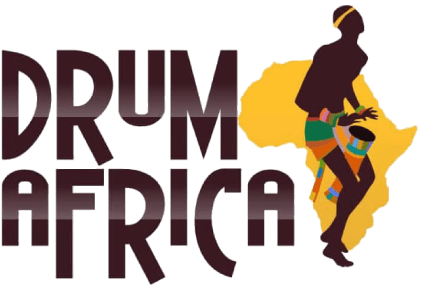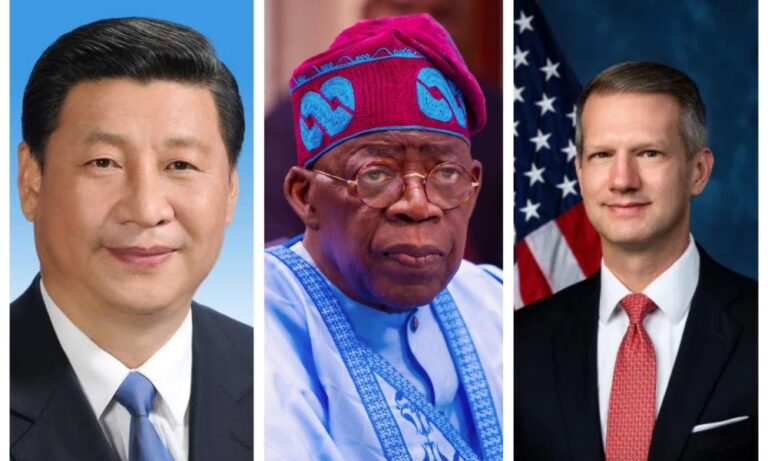A fresh diplomatic storm is brewing between the United States and China after Riley Moore, a member of the US House of Representatives, slammed Beijing for criticizing America’s stance on Nigeria’s internal security issues.
Moore was reacting to China’s disapproval of former US President Donald Trump’s warning that Washington could consider military action in Nigeria “to protect Christians from persecution.”
On Wednesday, Mao Ning, spokesperson of China’s foreign ministry, warned that no country had the right to interfere in Nigeria’s domestic affairs under the guise of religion or human rights.
“As Nigeria’s comprehensive strategic partner, China firmly opposes any country using religion and human rights as an excuse to interfere in other countries’ internal affairs,” Mao said.
But Moore hit back on X (formerly Twitter), calling China a “communist autocracy” and insisting the US would not take orders from Beijing.
“President Trump is absolutely right to defend our brothers and sisters in Christ who are suffering horrific persecution and even martyrdom for their faith,” Moore wrote.
“China will not dictate our foreign policy to us, and we will not be lectured to by a regime that arrests pastors and detains ethnic minorities in concentration camps.”
China’s Growing Influence in Africa
China has been Nigeria’s top trading partner for years, funding major infrastructure projects; from railways to power stations – under the Belt and Road Initiative. Beijing often emphasizes non-interference and “mutual benefit” in its diplomacy with African nations.
However, critics say China’s loans and investments have deepened economic dependency across Africa, giving Beijing quiet leverage in regional politics.
Meanwhile, the US, once a dominant player in African trade and security, has faced waning influence following aid cuts and the suspension of some African trade schemes.
Nigeria’s Position and Regional Response
The Economic Community of West African States (ECOWAS) and the European Union (EU) have both reaffirmed their commitment to Nigeria’s sovereignty. ECOWAS has urged the international community to focus on supporting West African nations in their fight against terrorism, rather than military threats.
As tensions rise between global powers, analysts say Nigeria risks becoming a pawn in a broader struggle between Washington and Beijing for influence on the African continent.

